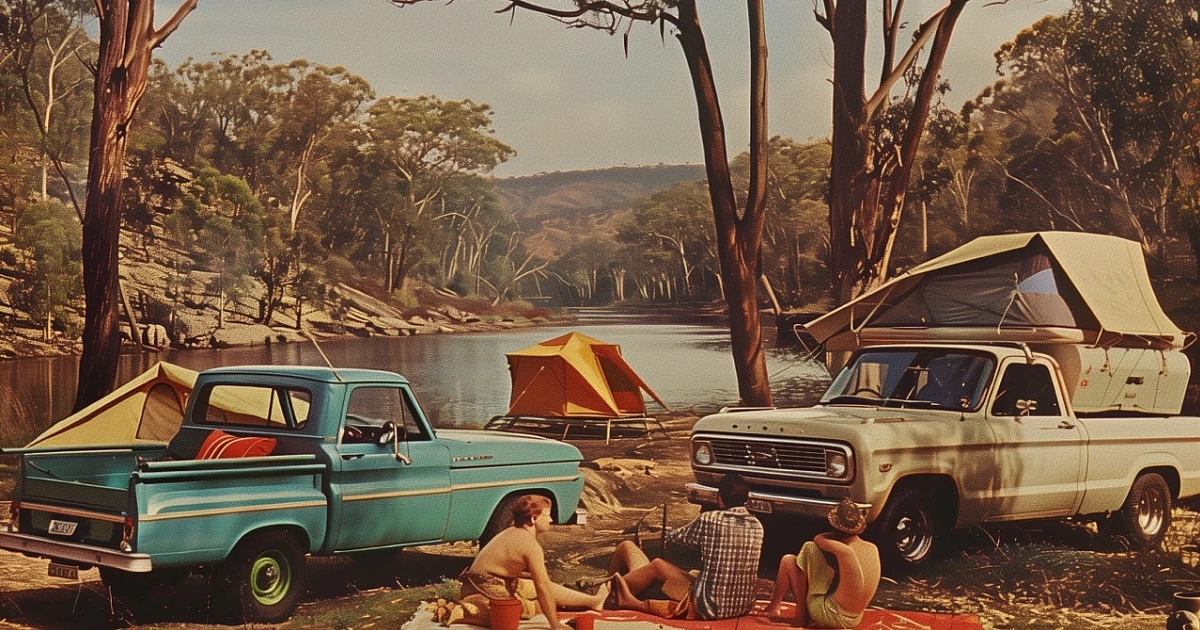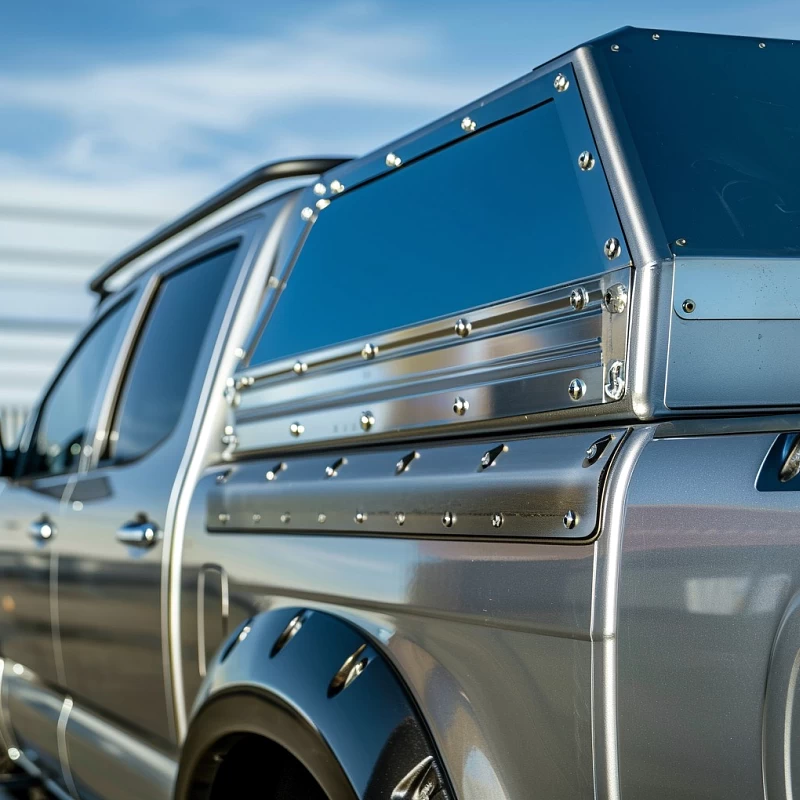Steel vs Aluminium Ute Canopies. Which one is better?
The pros and cons between steel and aluminium ute canopies


When it comes to enhancing your ute’s functionality and style, choosing the right canopy is crucial. Two popular materials dominate the market: aluminium and steel. Each brings its own set of advantages and potential drawbacks, making the decision a balancing act between various factors. Whether you're an off-road enthusiast, a tradesperson, or simply looking to increase your vehicle's storage capacity, understanding the differences between these materials is key to making an informed choice.
Aluminium canopies have been gaining popularity in recent years, praised for their lightweight nature and corrosion resistance. They're the darlings of those who prioritize fuel efficiency and easy installation. On the other hand, steel canopies have long been the go-to for heavy-duty applications, revered for their strength and durability. They're the trusted choice for those who need robust protection and don't mind a bit of extra weight.

But the comparison continues beyond weight and strength. From cost considerations to environmental impact, from design flexibility to long-term maintenance, the aluminium vs. steel debate touches on a wide range of factors. Each material tells a different story when it comes to heat conductivity, repairability, and even aesthetic possibilities. As we delve into these differences, you'll gain a comprehensive understanding of how each material might align with your specific needs and preferences.
In this post, we'll break down the key differences between aluminium and steel canopies, exploring ten critical areas of comparison. Whether you're leaning towards the lightweight champion or the heavyweight contender, by the end of this article, you'll be equipped with the knowledge to make the best choice for your vehicle. Let's dive in and unravel the nuances of these two titans of the canopy world.
Here are the main differences:
Weight:
Strength:
Corrosion Resistance:
Cost:
Maintenance:
Heat Conductivity:
Repair:
Longevity:
The choice between aluminium and steel depends on factors like intended use, budget, climate, and personal preferences.
© 2025 Built in a cave with a box of scraps with 🧡 in Australia. By Vendos – Powering Aussie Adventure Brands